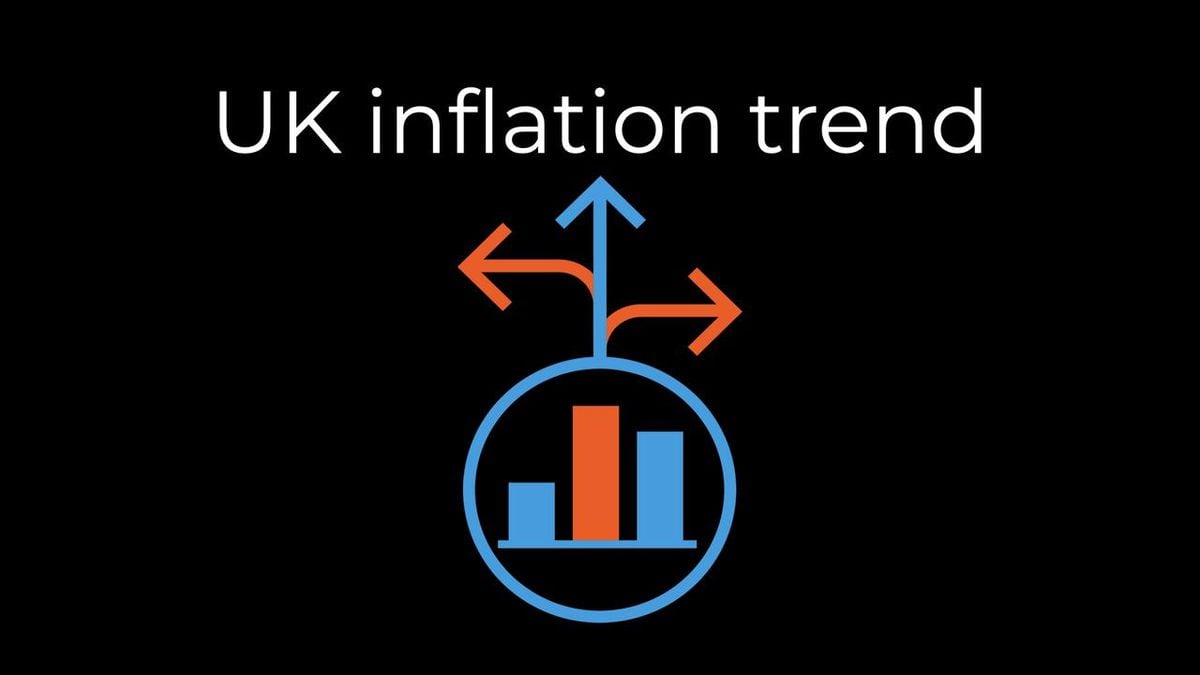The UK's inflation rate has dropped to its lowest level in nearly three years, reaching 2.3% in April 2024, down from 3.2% the previous month. While this welcome news suggests a potential easing of the cost-of-living crisis, experts warn that the economic outlook remains complex.
The Office for National Statistics (ONS) attributed the decline primarily to sharp drops in gas and electricity prices, which fell by over 25% year-on-year, marking the largest decrease on record. Food and drink price rises also slowed, reaching 2.9% â the lowest level since November 2021.
Despite these positive trends, the impact of previous inflationary spikes is still felt by many households. While price increases are occurring at a slower pace, they remain elevated compared to pre-crisis levels.
One area of concern is services inflation, which has dropped slightly but remains stubbornly high at around 5.9%. This suggests that prices for services like dining and entertainment are continuing to rise, potentially offsetting the positive news from the energy sector.
The Bank of England is also closely monitoring these developments, as they weigh the implications for interest rates. While some economists had predicted rate cuts this summer, concerns about lingering inflation have led many to believe that cuts may be delayed.
Private sector pay growth has also slowed, reaching its weakest point since June 2022 at 5.6%. This is a significant factor, as wage growth is closely linked to inflation. If pay rises continue to outpace inflation, it could create further economic challenges. Employers are now planning pay rises of just 3%, the smallest in over two years, a move that could help the Bank of England maintain its inflation targets.
Despite the recent improvements, many households are still struggling financially. Calls for broader economic relief measures continue to grow, as families grapple with the ongoing cost pressures.
Grant Fitzner, the ONS chief economist, acknowledged the mixed signals, stating that while the slowing food price inflation and decrease in energy prices are encouraging, services inflation and the overall economic volatility require continued caution.
The Labour Party's Rachel Reeves has criticised the government's response, arguing that only Labour can be trusted to protect and improve family finances. This reflects the growing dissatisfaction among some segments of the population with the government's handling of the economic crisis.
While the UK may be approaching a period of stabilisation, it is not there yet. Services inflation remains a concern, and the possibility of fluctuating interest rates looms large. Moreover, short-term price spikes driven by events like the "Taylor Swift effect" - where hotel prices surged due to her tour dates - highlight the dynamic nature of consumer behaviour and its impact on inflation.
As the UK economy navigates these uncertain times, staying informed about the latest economic indicators and adjusting spending habits remains crucial for households. The coming months will see continued scrutiny of government policies and their impact on inflation, wages, and the overall economic health of the nation.
Article
Business

UK Inflation Cools, But Economic Headwinds Remain

